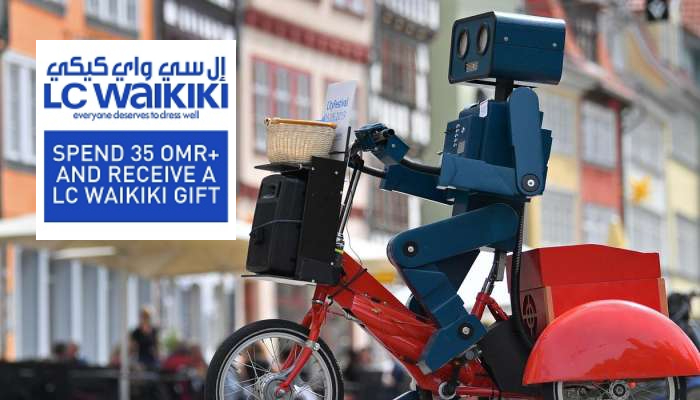

Ask ChatGPT to recommend places in Mallorca not yet overrun by tourists and it will suggest the well-known sights and traditional eateries that feature in every travel guide. The artificial intelligence (AI) chatbot recommends visiting Palma's cathedral, the popular and picturesque town of Soller and the centuries-old ice cream parlor Ca'n Joan de s'Aigo. In other words, don't rely on ChatGPT if you're looking for hidden gems off the tourist trail.
"When it comes to insider tips, it usually comes down to personal preferences and experiences that I don't have as an AI model," ChatGPT tells me. "If you need more specific and personalized recommendations, my advice is to consult local guides or locals who can give you insider tips."
No silver bullet
Simpler, more straightforward queries, however, are what ChatGPT excels at. Asking the chatbot how to reach Placa d'Espanya square in the center of Palma by bus produces a prompt and accurate answer. Likewise, asking ChatGPT about sobrasada, a traditional paprika sausage from Mallorca, delivers an equally correct response. The same can be said for my query about whether tipping is customary on the island — it is, and 10% is generally considered quite generous.
"It won't be long until tourism-specific chatbots guide us though cities," says Wolfram Höpken, a professor of business informatics at Ravensburg-Weingarten University of Applied Sciences in southern Germany, adding that "the technology is definitely advanced enough." Not only that, "AI applications are already being used quite extensively in other areas of tourism."
AI is already widespread
AI is mostly used today to optimize company operations, though travelers will not always be aware of this. Airlines, for example, use AI to predict how many passengers will cancel or forfeit their flights. Other companies rely on such technology to detect fraudulent online bookings. In Venice, AI is even being used for crowd control. "There are already AI applications used by travelers, service providers, tourist destinations and online travel platforms," says Höpken.
Holidaymakers or people simply planning vacations might have encountered AI systems in other contexts, too. Often, these days, contacting a large tour operator will likely put you in touch with an online chatbot, as opposed to a real person. Then there are intelligent systems, used for instance by hotel booking platforms, to present customers with offers tailored to their specific needs and preferences. Last but not least, robots are slowly taking over tasks once performed by hotel and restaurant staff.
But robots that collect dirty dishes from restaurant tables and bring them to the kitchen, for example, are not very sophisticated. Such robots cannot really move autonomously though restaurants, says Hopken. This aside, not all patrons may wish to interact with automatons. That's why AI applications will be used in some areas of the tourist trade and hospitality sector, but not others, Hopken says.
Don't blindly trust ChatGPT
Hopken is certain that technologies such as ChatGPT will grow increasingly important. Especially since when it comes to tourist inquiries, inaccurate or downright incorrect chatbot responses probably have less serious or dangerous consequences than in other fields. Anyone who follows ChatGPT's advice on visiting Mallorca's Marivent Palace — the royal family's summer residence — on the outskirts of Palma, for example, will be disappointed, as the building isn't actually open to the public.
It remains to be seen whether chatbots will actually replace tried and tested guide books, or human travel guides. ChatGPT itself does not seem to think it will be taking over any time soon: "Although I can be useful as a digital assistant, I don't think I can build on the experience and opinions that travel guides and locals offer."